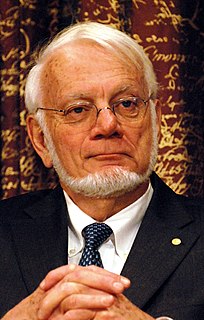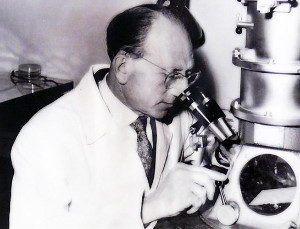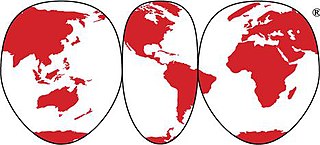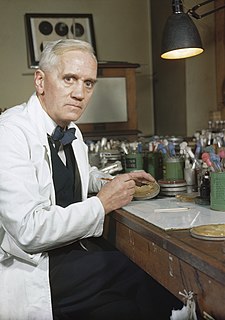A Quote by Thomas A. Steitz
Bacteria evolve, and so they become resistant to existing drugs. Sometimes they revert, depending on how damaging the mutation is to the life cycle of the bacteria. Mutations that give rise to resistance against particular compounds do increase, and that is why you constantly have to have new ones.
Related Quotes
We add that it would be all too easy to object that mutations have no evolutionary effect because they are eliminated by natural selection. Lethal mutations (the worst kind) are effectively eliminated, but others persist as alleles. ...Mutants are present within every population, from bacteria to man. There can be no doubt about it. But for the evolutionist, the essential lies elsewhere: in the fact that mutations do not coincide with evolution.
Teeth represent only 10 percent of the surface of your mouth and bacteria live throughout the whole mouth. When you stop brushing, bacteria left behind resettle on your teeth and gums. Oil pulling reaches virtually 100 percent of the mouth, thereby affecting all bacteria, viruses, fungi, and protozoa in the mouth.
Nineteen hundred and three will bring great advances in surgery, in the study of bacteria, in the knowledge of the cause and prevention of disease. Medicine is played out. Every new discovery of bacteria shows us all the more convincingly that we have been wrong and that the million tons of stuff we have taken was all useless.
Lots of people think, well, we're humans; we're the most intelligent and accomplished species; we're in charge. Bacteria may have a different outlook: more bacteria live and work in one linear centimeter of your lower colon than all the humans who have ever lived. That's what's going on in your digestive tract right now. Are we in charge, or are we simply hosts for bacteria? It all depends on your outlook.
It has been demonstrated that a species of penicillium produces in culture a very powerful antibacterial substance which affects different bacteria in different degrees. Generally speaking it may be said that the least sensitive bacteria are the Gram-negative bacilli, and the most susceptible are the pyogenic cocci ... In addition to its possible use in the treatment of bacterial infections penicillin is certainly useful... for its power of inhibiting unwanted microbes in bacterial cultures so that penicillin insensitive bacteria can readily be isolated.





























